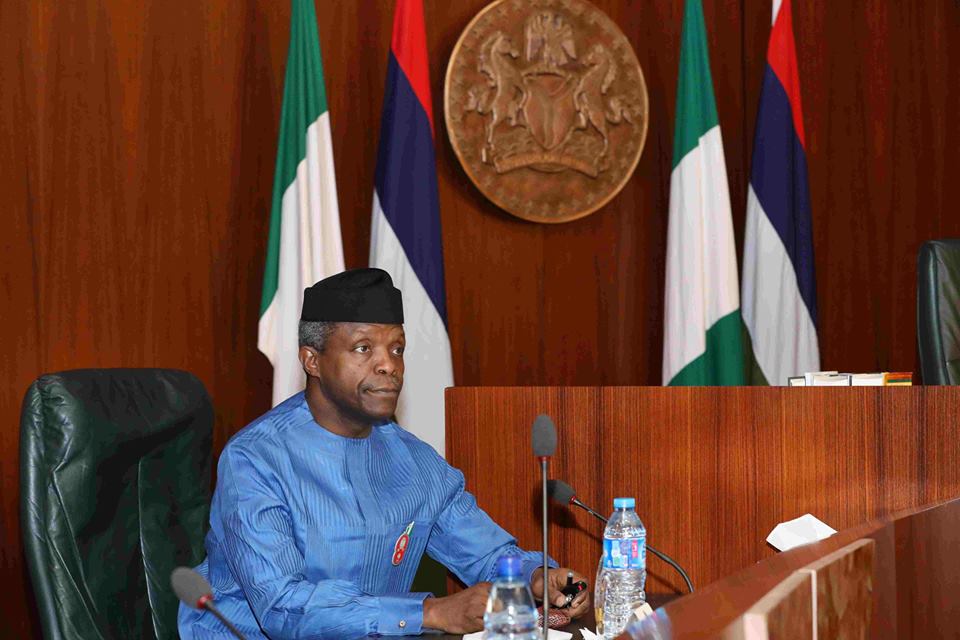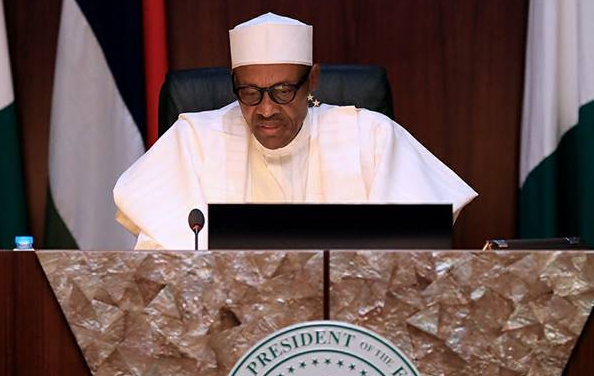Major crude-producing countries have reached an initial agreement to extend the output cuts earlier agreed on in December.
The Organisation of Petroleum Exporting Countries (OPEC) and other producers including Russia had agreed to pump less oil to counter a global glut.
The only countries exempted from the production cuts are Nigeria and Libya.
Khalid Al-Falih, Saudi Arabia’s oil minister, told journalists on Thursday that the OPEC and other major suppliers have not achieved their aim of reducing oil inventories below the five-year historical average.
Advertisement
“Although there is a high level of commitment, we haven’t reached our goal, which is to reach the five-year average,” Al-Falih said.
“There is an initial agreement that we might be obligated to extend to get to our target. Countries participating in the cuts have yet to reach a consensus on prolonging their agreement into the second half of the year, and an extension wouldn’t necessarily be for an additional six months.”
Al-Falih did not identify or specify the number of countries in the initial deal for an extension.
Advertisement
OPEC will decide at a meeting on May 25 whether to prolong its pledged cuts into the second half, Mohammad Barkindo, OPEC’s secretary-general, had said on Wednesday in Abu Dhabi.
The price of Brent crude has increased since OPEC and non-OPEC members agreed to reduce output, and it currently trades at $53.05, after selling for as low as $27.
Bloomberg reports that Mohammed Al Rumhy, Oman’s oil minister said Gulf Cooperation Council countries agreed to push for an extension of cuts on Wednesday.
The GCC comprises OPEC members Saudi Arabia, Kuwait, Qatar and the United Arab Emirates, as well as Oman and Bahrain.
Advertisement
Al Rumhy said Iran and Venezuela, both members of OPEC, have expressed support for an extension of the production cuts.
OPEC and Russia haven’t reached a final agreement on extending output limits.
Add a comment







